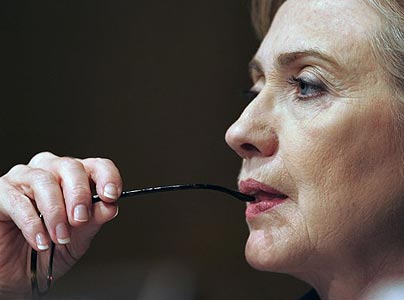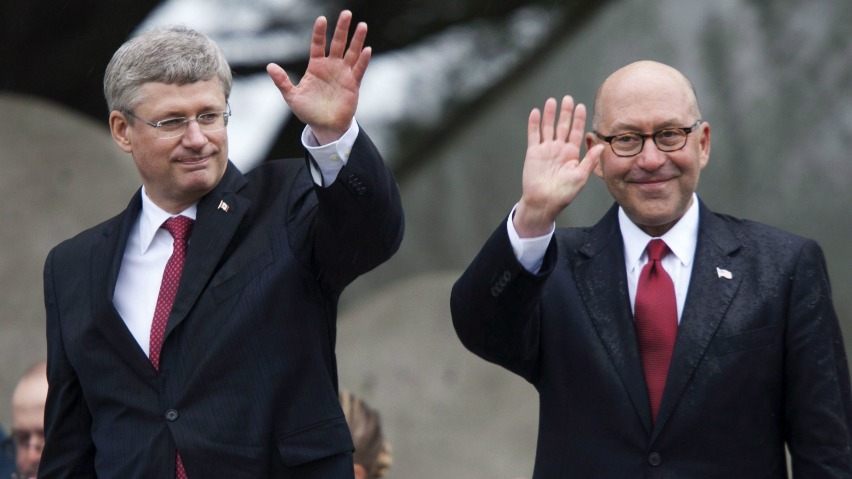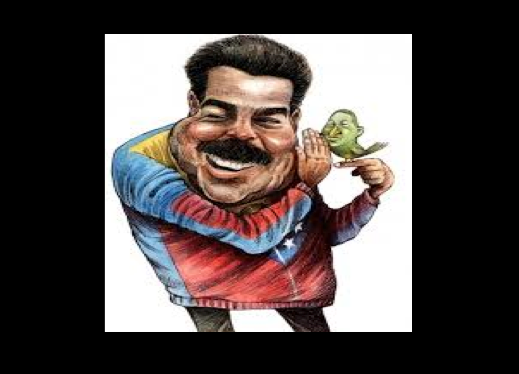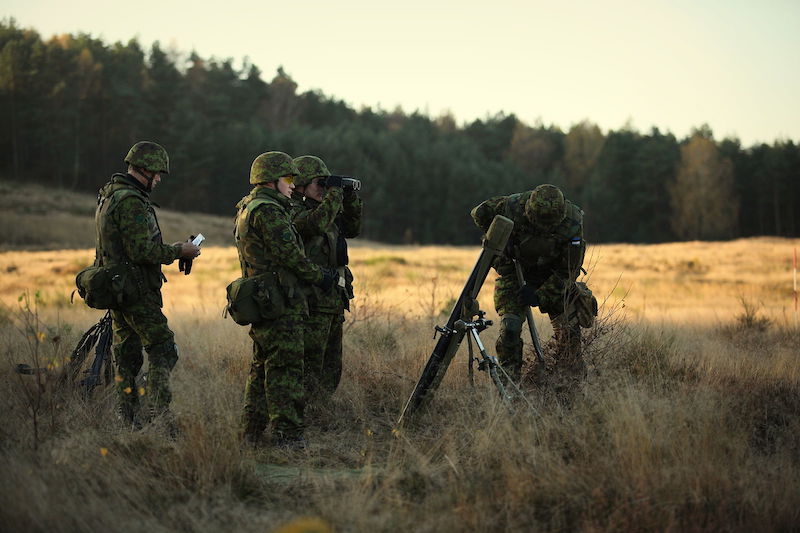Hillary Clinton is in a unique position having been involved in foreign policy over the past two decades. She is a former First Lady, Senator from New York, candidate for the 2008 Democratic nomination against Barack Obama, Secretary of State, and a potential candidate for the White House in 2016. Her opinion on international relationships carries weight, but how much? Upon receiving a distinguished leadership award from the NATO Council awards dinner alongside NATO Secretary General Anders Fogh Rasmussen Secretary, Clinton made remarks on her perspective of the current status of NATO.
“NATO is turning into a two-tiered alliance with shrinking percentage of members willing – and able – to pay the price and bear the burdens of common defense,” This assessment was very similar to one made by Secretary General Rasmussen at the annual national conference in Norway where he stated that the “United States accounts for two-thirds of NATO defence spending”.
[captionpix align=”right” theme=”elegant” width=”300″ imgsrc=”http://natoassociation.ca/wp-content/uploads/2013/10/hil.jpg” captiontext=”Hillary Clinton”]
A large part of this has to do with austerity programs that are in effect across Europe. Countries have to prioritize on spending and NATO contribution is not a pressing concern when the United States is currently covering a large part of the expenses. Current global affairs have set a precedent of American mass spending leading to a “political deficit”. An example of this would be Libya where a majority of the member countries committed to a joint action against Muammar Gaddafi, but only a third of the countries committed militarily. “It is well known and it became apparent that monopolies at anything, particularly energy, create risks, they make countries vulnerable to threats and coercion and distort the balance of power,” Clinton said, referring to Europe’s reliance on Russian natural gas.” She also commented on energy security.
While many (especially in North America) share these concerns, one must appreciate the efforts of NATO to implement smart and strategic goals in order to stabilize the balance of responsibility. Sec. Gen. Rasmussen highlighted the ‘smart defense’ plan, where countries will share the burden of innovative, yet costly technology in order to ameliorate the defense capabilities of Europe. He also touched on the ‘Connected Forces Initiative’ that focuses more on joint training in order to strengthen the bonds between nations in this alliance. This further builds on the 2010 Strategic Concept addressing emerging concerns such as cyber security and the preparedness of local forces that are currently supported by NATO.
It is easy to empathize with Clinton when her nation is financing a large part of current-day NATO operations during an unstable economic period. NATO’s strategic imperatives to move ahead are the right ones. Though it is absolutely paramount to find efficiencies and capitalize on every opportunity to strengthen our defense capabilities against emerging threats such as cyber security and ballistic missiles, it is an absolute priority to bridge the resulting political deficits from the appearance of a tiered economic response system within NATO. As Hillary Clinton noted in her remarks, “Even in these difficult economic times, we cannot afford to let the greatest alliance in history slide into military irrelevance”.




